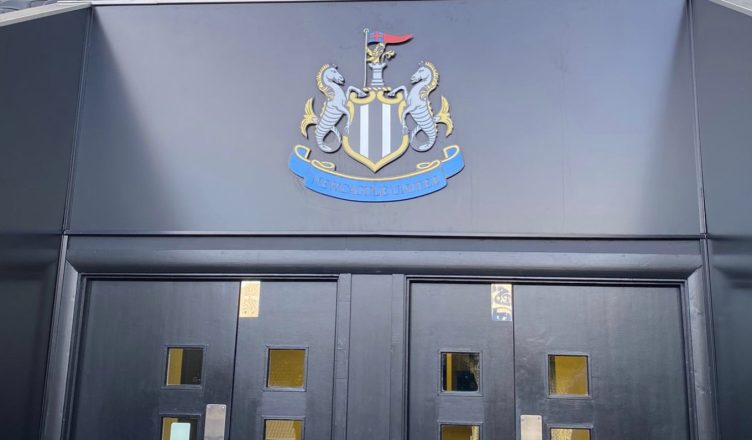The football powers that be have spoken and FFP is getting a revamp, but will it enable Newcastle to grow, or stop them in their tracks?
FFP has been the bane of Newcastle’s existence since the takeover of the PIF, as their spending has been limited, and their transfers as they push for European football have led the future of some star players in doubt, mere months after their moves to the North-East.
Thanks to a meagre spending of £96.2 million this window, down from £815 Million the year before, The Premier League have seen fit to revise some of the rulings.
The Majority of sides have been unable to spend in order to comply with FFP, to the point where it has hindered everyone, making it harder than ever for smaller clubs to break into European football.
Even Chelsea cooled off on their spending, which must have drawn the lawmaker’s attention, Boehly likely taking his riches to London’s best casinos instead of gambling on signing new players.
Most will be sick of hearing about the acronym that pervades our thoughts, stopping us from dreaming about exciting signings, so will this new change finally give us a break from hearing about it? Or will things only get worse?
What are the changes?
The new changes see a big emphasis placed on revenue. UEFA’s new cost control measures stipulate that 70% of a club’s revenue can be used to facilitate transfer deals.
In simple terms, the more revenue a club gets, the more money a side has to spend on transfer fees and wages.
The Premier League have added in their own caveat to try to further balance the playing field, in that those outside of European competition will be allowed to spend up to 85% of their revenue.
The notion of working around losses of no more than £105 Million over 3 years looks to be a thing of the past, with the new model supposedly more apt for the current state of finances in football.
It looks much easier to enforce these rules, as opposed to the loss rule, but it quite clearly favours the already big clubs.
Sides with massive fanbases, international recognition and that compete for trophies will be earning far more revenue, which will allow for much greater spend.
How Will This Affect Newcastle?
To put things into perspective, Man City made £712 million in the 2022/23 season, leaving them with £498.4 Million to spend on transfer fees and wages. But, that money is not laid out just for new players, all of their existing wages will eat up a sizeable chunk of that money.
City’s current wage bill for the season comes in at £190,996,000, which would leave them with a transfer kitty of just over £300 million were the new rule instated at the start of this season.
That £300 Million would represent both the wage budget and the transfer budget, as well as any additional expenditures involved in transfers and contracts such as agent fees.
Conversely, Newcastle would have a lot less to work with, with a much lower revenue, but, in theory, wouldn’t need as much as there is far less money already being pumped into wages.
In Newcastle’s case, there would be around 100 million to work with in this new system. The idea is to promote steadier growth, encouraging a more natural transition to clubs spending within their means, but it does intrinsically give bigger clubs an advantage.
Smaller clubs can catch up with patience and gradual growth, but these larger clubs will be growing just as much, if not at a more rapid rate.
There’s plenty to like about the new idea, it is certainly less confusing and more transparent but seems to empower and favour the bigger clubs as much as ever.
The new system aims to stop overnight tycoon success stories, much like Man City enjoyed, where a team goes from mid-table to European elites in a matter of a few seasons.
When it comes down to what this means for clubs, it will allow sides to restructure and balance the books.
It promotes caution, introducing a ‘soft wage cap’ as while no numerical limit has been set on how much players can earn, inflated player salaries should fall across Europe over time, as clubs have to balance their transfer spend with their wages.
Eddie Howe and the Newcastle faithful will have to wait to see the full details of the plan, as there is still plenty to be discussed with clubs, the FA and UEFA.
But, there seems to be some form of agreement between all the clubs that this proposal could be a good start for a more sustainable and fair future.
When all is said and done, and any issues are ironed out, we might see a more level playing field, or we might see a system that favours the status quo.
However, the notion of sides outside of Europe having 15% more of their revenue to work with, shows they are at least thinking about how to let smaller teams compete with bigger ones when it comes to making signings.







